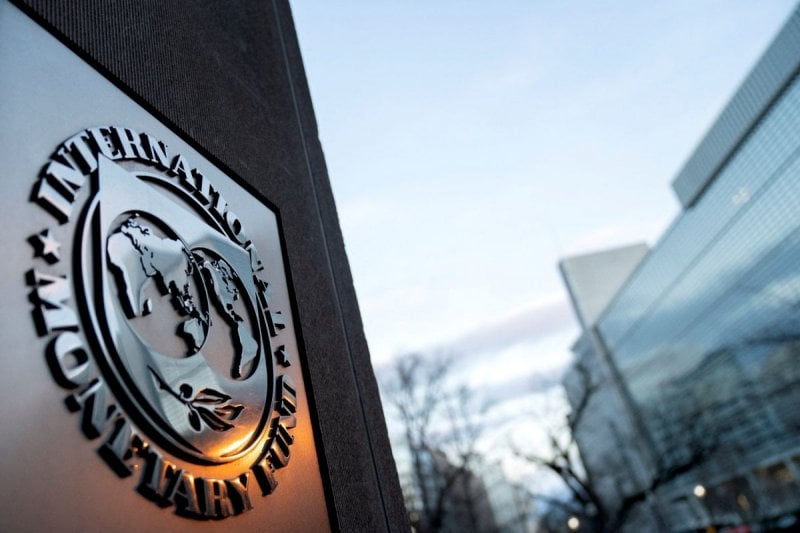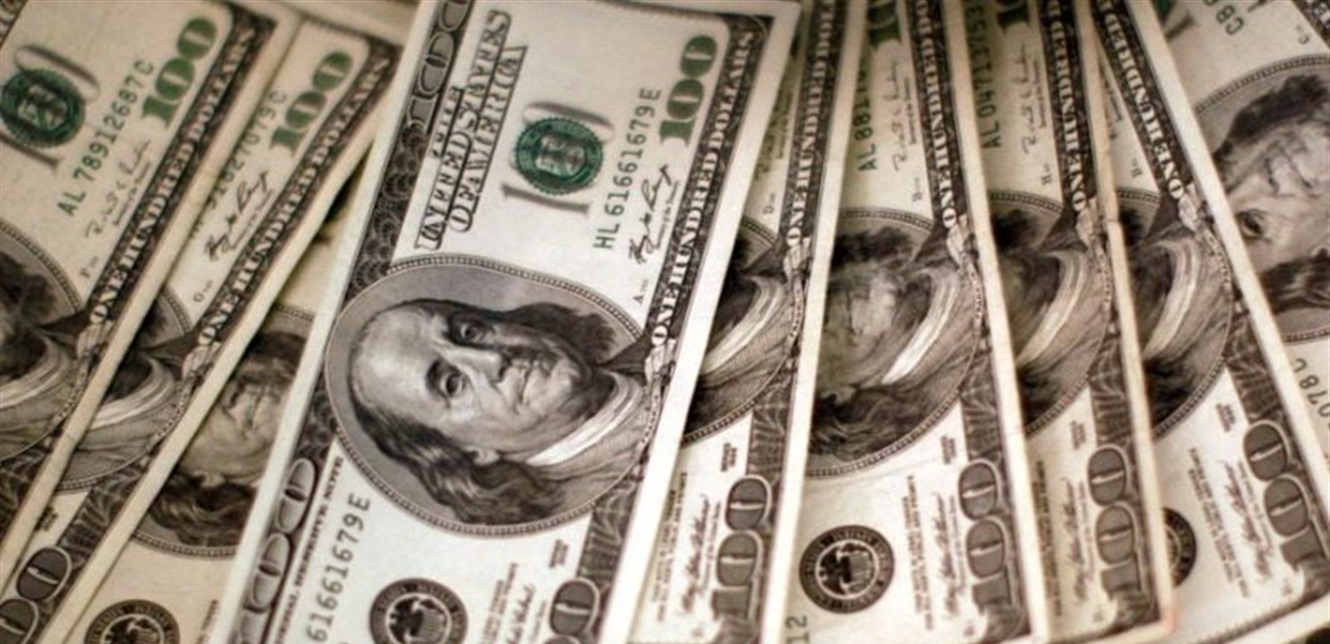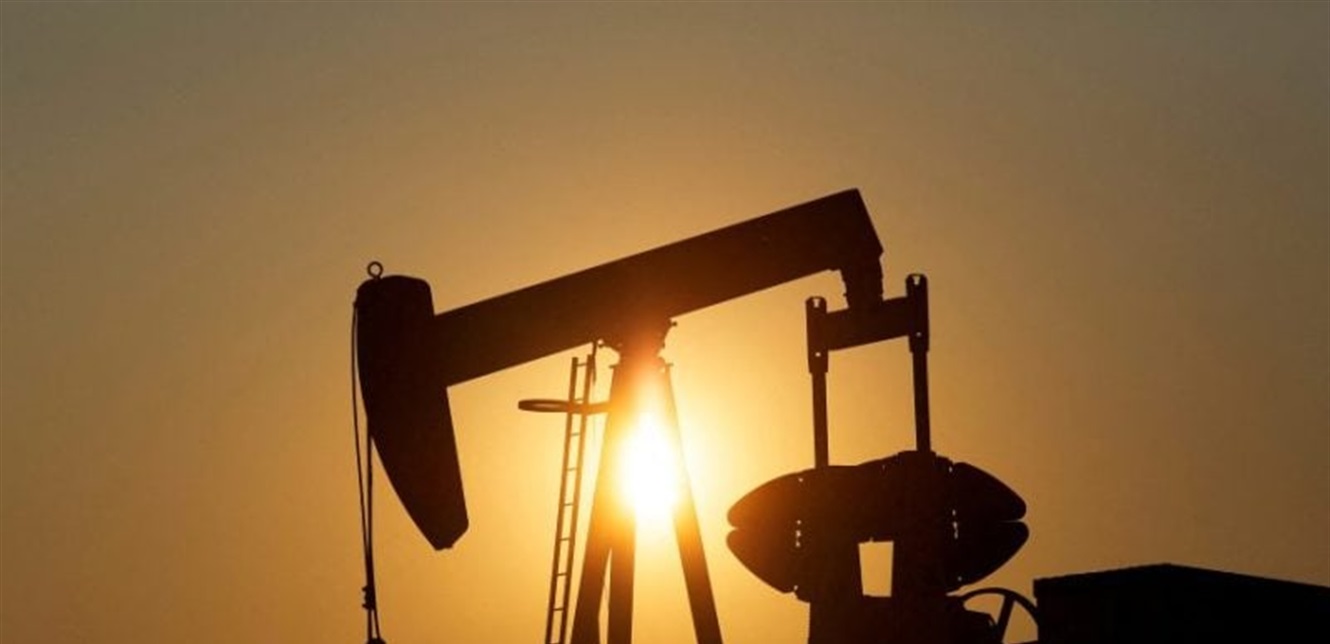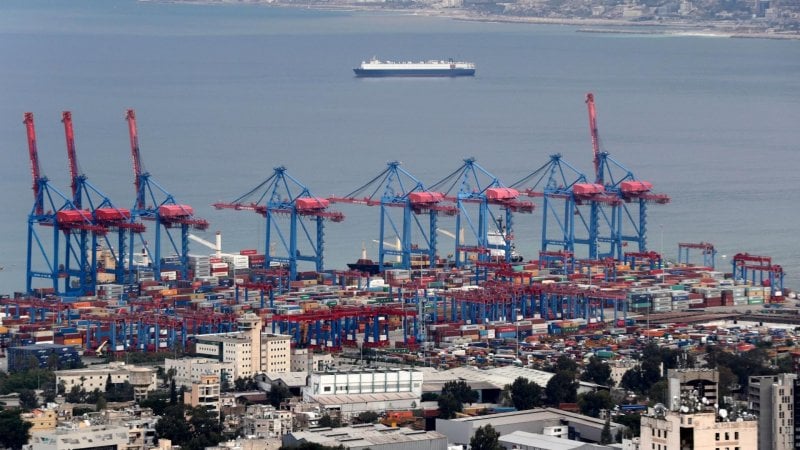
Expectations of a rise in Lebanon’s GDP and its potential impact on negotiations with the IMF and Eurobond holders, emphasizing the importance of structural reforms to achieve sustainable growth.
The Central Bureau of Statistics in Lebanon announced the official national accounts for the year 2023, with the gross domestic product reaching $31.6 billion, while the International Monetary Fund estimated the number at only $24 billion. Projections, based on nominal growth during 2024 and 2025, indicate that GDP may reach about $43 billion in 2025, a significant increase compared to the previous estimate of $32 billion for the same year. Based on these numbers, the International Monetary Fund is expected to adopt the official figures issued by the Central Statistics Department.
This potential rise in GDP raises questions about its implications for Lebanon’s negotiations with the International Monetary Fund and Eurobond holders.
Observers believe that the rise in GDP may be a relatively positive factor in Lebanon’s negotiations with the International Monetary Fund, but its impact remains limited if it is not accompanied by actual reforms. The rise may show the recovery of some sectors, such as services, tourism, and remittances, which gives an initial impression of the economy’s ability to regain part of its health if the appropriate political and financial environment is available. It also helps raise capacity to pay in theory, as higher output means a larger size of the economy, which could translate into greater ability to collect taxes and repay debts. This may be used as a supporting factor in a recovery plan or in a financial gap estimate.
On the other hand, the International Monetary Fund delegation focuses its negotiations on Lebanon achieving “quality” growth. The Fund does not consider unbalanced growth, or growth resulting from inflation, money printing, or an unrealistic exchange rate, to be sustainable growth. The Fund is more concerned with the transparency of public finances, reforming the banking sector, controlling the deficit, and unifying the exchange rate. Even with the growth of GDP, the failure to pass reform laws keeps negotiations stuck. Therefore, a rise in domestic product may improve the overall climate for negotiation, but it is not sufficient in itself. What is required is real and sustainable growth supported by structural reforms.
Economists believe that the GDP in Lebanon declined in 2020, and since then the GDP has increased annually. They point out that the recent numbers announced by the Central Statistics Office are useful for Lebanon in its negotiations with the International Monetary Fund and Eurobond holders, and are an indication that the Lebanese state is able to recover from the crisis faster, and that the Lebanese economy is growing faster and will improve Lebanon’s position during negotiations with the Fund.
Experts add that the assets of the Bank of Lebanon in foreign currencies and gold are another positive factor that will increase the budget of the Bank of Lebanon and enable it to pay its obligations towards the banks and the state to pay its debts to the Central Bank, stressing that technically and economically there is an improvement, and that Lebanon is implementing almost all the conditions required of it from the Fund (reform laws, and a budget without a deficit), but the matter is related to the political aspect and whether the Lebanese authority will sign. With the IMF or not, because the agreement with the Fund is a political cover for Lebanon that can encourage investment funds and countries to give Lebanon reconstruction aid.
The experts conclude by pointing out that the political decision is the most important, although implementing the technical conditions helps to reach an agreement.
Source: Lebanon Today

















